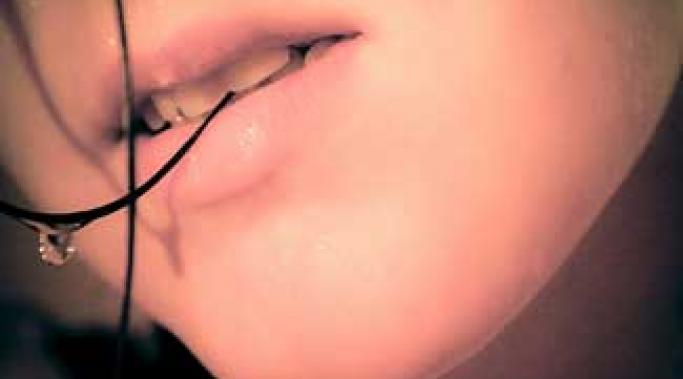Obsessive-compulsive disorder (OCD) plagued me from the age of six. And, in fact, plagues me until I discovered meditation. While many like to joke about having OCD, my diagnosis was one I tried to hide, feeling ashamed of it as I grew up. Doctors tried to figure out how a child could be such a perfectionist and obsessive clean freak, but I lived with this reality knowing nothing different. As far as I knew, the way my brain worked was normal; productivity should have been everyone's top concern (as far as I was concerned). Meditation saved me from OCD thoughts.
OCD
How to help your child with obsessive-compulsive disorder (OCD) is not in any parenting manual. Helping your child with OCD is almost impossible when you don’t know about it yourself.
An unexpected break-up, past criticisms, the calorie intake in a meal, the amount of money sitting in a bank... These are all examples of everyday topics that often result in consuming, repetitive and persistent thoughts. Why do we develop obsessive thought patterns and how can we free ourselves from them?
I'm Sandy Rosenblatt. I have trichotillomania and I want to come clean about something.
When I first decided to blog about trichotillomania, I was very clear with myself. I knew what I would write about and what I wouldn’t. I knew I had no problem being vulnerable, sharing my own story. I also had no issue writing blogs that were fact-based. I did, however, make a conscious decision of what I, 100%, would not include. I was not going to write a single sentence about one of the possible behaviors that one may have with trichotillomania. I was absolutely NOT going to include anything about eating hair. (trichotillomania symptoms)
It was four weeks after my first child was born when I experienced my first intrusive thought. In fact, the thought itself – a vision of myself placing my hand over his mouth – wasn’t unusual, as disturbing as it was. My reaction, however, was.




